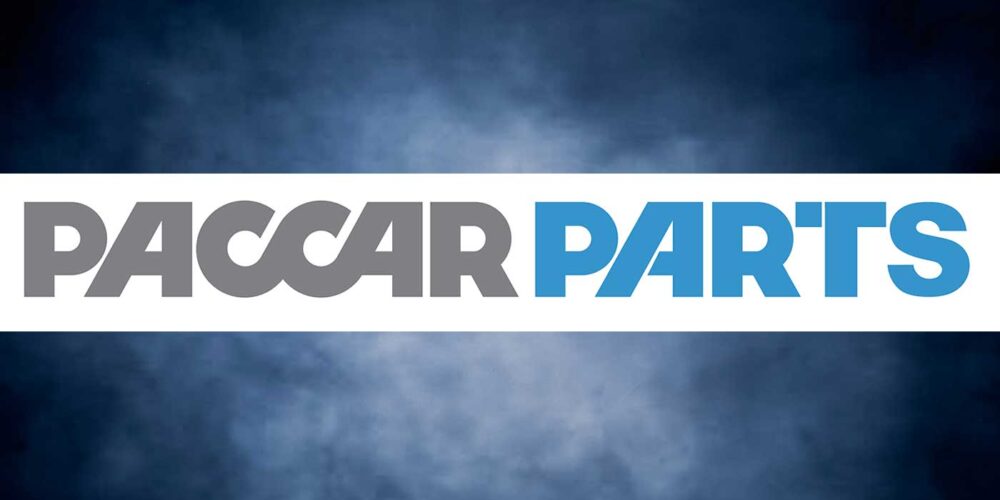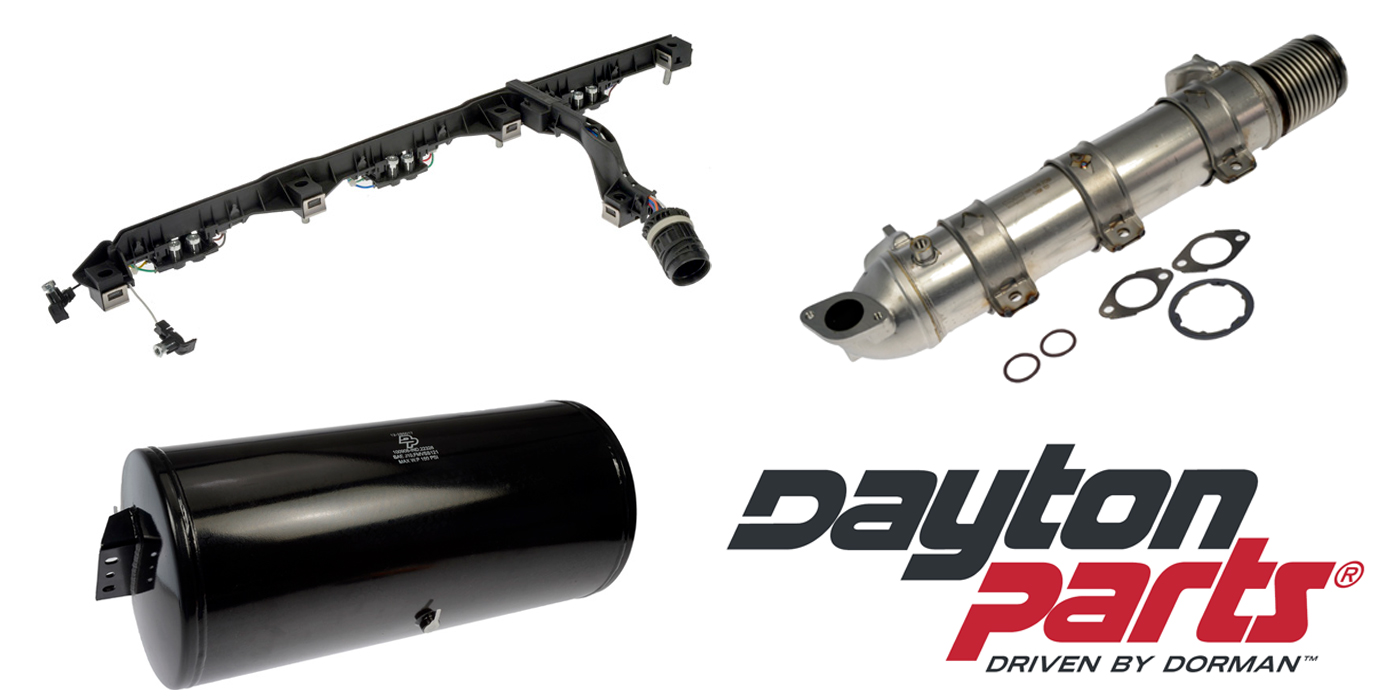Wherever shafts and axles turn, and wherever gears mesh, you’ll probably find a lubricant of some kind. Gear oils provide multiple important functions when it comes to the operation of gears and axles. As gear oils flow around axles, they help to cool the critical hardware components by carrying heat away and dissipating it. They also help to keep hardware components and assemblies clean. Gear oils keep axles clean by suspending contaminants, which would otherwise lead to carbon, varnish or sludge buildup.
The last, and arguably most important, function of a lubricant is protection. Properly additized gear oils protect hardware from metal-to-metal contact that can cause component damage and complete mechanical breakdown.
Operational issues such as noise or vibration may indicate improper gear oil and lack of protection. Severe damage can occur when axle components aren’t lubricated by a properly formulated gear oil. Faces of the ring gear teeth can wear badly. Damage on the input pinion can be even more dramatic, with metal loss on the gear. In some situations, gear teeth can break off.
The bottom line for a trucking fleet operator: Without proper gear oil protection, axles can wear out more quickly and need to be repaired or replaced. The result is an increase in dreaded downtime and increased maintenance costs, which lead to lower profits.
Let’s take a deeper dive into the protection function of lubricants; in particular, how the additives contained in gear oil protect critical axle hardware.
When looked at through powerful microscopes, the surfaces of all metal parts, no matter how smooth they appear to the human eye, feature peaks and valleys called asperities: picture a rugged mountain range with sharp peaks. Without proper lubrication, these asperities come into contact and cold weld to one another. As the parts continue to move, the weld breaks. Under high load, a high-quality lubricant will prevent excessive welding and the release of small metal particles that can cause additional damage to gears and bearings.
A properly formulated gear oil provides a boundary, or a chemical layer, between two metal parts that prevents many of these asperities from touching one another when parts move.
Now, let’s look at the typical composition of a gear oil.
A mineral or synthetic oil serves as the base, but additives and performance polymers are required to provide the necessary protection and efficiency. There are several different types of additives that are typically included in a gear oil.
Extreme pressure and anti-wear additives reduce friction and wear across all driving conditions, especially during medium and heavy loads. These two components are typically used in combination.
During operation, the additives react with the metals to create an easily sheared surface layer. This helps asperities to smooth down rather than welding and breaking. The process maintains the hardware and ensures that metal debris or particles do not enter the oil.
Other additives typically included in gear oil are rust and corrosion inhibitors. They form a thin compact film on metal parts that protects against surface damage caused by water and acid formation.
Dispersants keep dirt and debris particles suspended in the axle oil from sticking together. This keeps the inside of the axle clean and stops the formation of larger particles that can cause damage to gears, bearings and oil seals.
The final additive is a foam inhibitor. As gears rotate quickly through oil they can cause foaming, resulting in power loss and reduced axle performance. Foaming also breaks up the lubrication layer, leaving metal surfaces unprotected. Foam inhibitors change the surface tension of the bubbles so that they break down more quickly. The combination and performance of these additives define the quality of the final gear oil, i.e. API GL-5 quality oil vs. SAE J2360.
Next month in this space, I’ll be covering how you can identify the best gear oil for your fleet, as well as the importance of changing gear oil at proper intervals.














